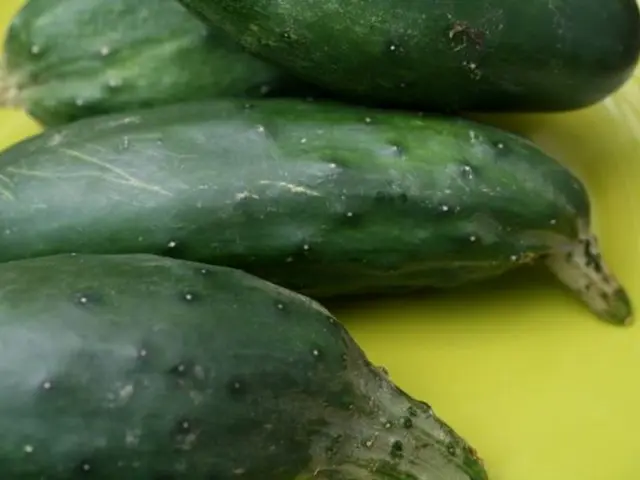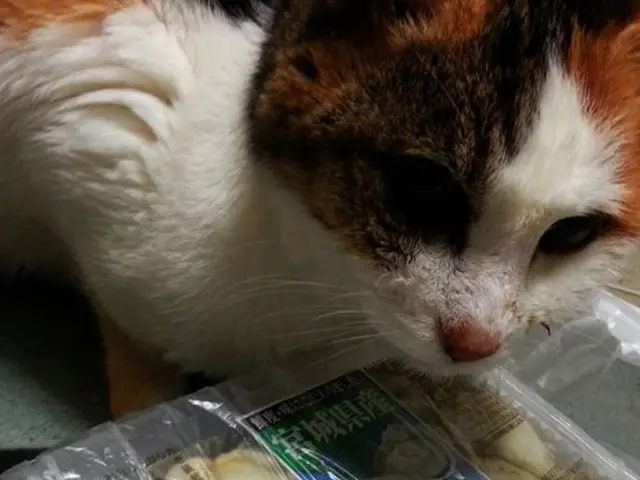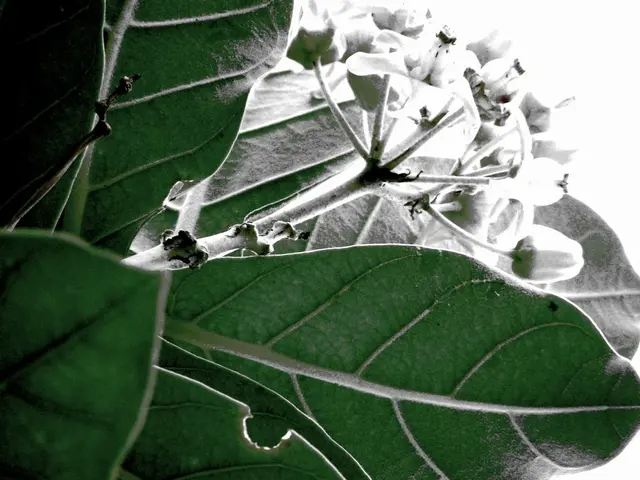Unveiling the Unseen: Toxic Pesticides Hiding in Common Cupboard Staples
Report uncovers common foods potentially contaminated with harmful pesticides, surpassing popular beliefs about just fruits and vegetables.
Got your spice rack and pantry checked lately? According to a recent report, common kitchen staples may be harboring hidden dangers – banned pesticides! From your beloved dried basil to that jar of honey, traces of these chemicals have been detected.
The European Food Safety Report revealed the shocking fact that herbs and spices like dried basil, parsley, and cumin, as well as dried beans, chilli, and honey, have tested positive for these outlawed substances. These findings are a call to action for us to rethink our pantry choices.
What's worse, extended contact with these chemicals can cause some serious long-term health issues, including a potential link to cancer. This news is concerning; however, it's essential to keep in mind that some residual pesticide traces might not pose any risk.
By analyzing data from 132,793 samples of various foods imported to Europe, including fruits and vegetables, the report discovered that around 2% of products breached legal limits, translating to approximately 3000 products.
However, it's interesting to note that 42% of products contained some pesticide residue, although these remained within safe levels.
The European Union (EU) has stringent regulations regarding pesticides, allowing only 0.1 micrograms per kilo of produce. In their analysis, the report found unsafe pesticide levels in unprocessed products like chillies, dragon fruit, cumin seeds, and grape leaves. Some foods, like chilli peppers, were found to contain even up to 37 different pesticides!
Processed products like dried beans and spices accounted for 10% of the unsafe products, the analysis found. Ethylene oxide, a pesticide not approved in Europe, was detected in 40 samples. This chemical can cause symptoms such as headaches, nausea, diarrhea, and difficulty breathing, and long-term exposure has also been linked to cancer.
The biggest risk seems to come from importing food from countries outside the EU, with the main non-compliant sources being Turkey, India, and Egypt. Although most of these consignments were stopped at the border, it's important to be aware that the levels of pesticides on produce from these countries were about three times higher than in the EU.
Pesticide-laden honey and rice products imported from outside the EU were also found to contain breaches. Testing of brown rice revealed some products contained tricyclazole, propiconazole, imidacloprid, and chlormequat chloride – all banned within the EU.
This alarming evidence raises questions about the safety of our food supplies and highlights the need for increased scrutiny of imports from countries with less stringent pesticide regulations.
If you're worried about the pesticides lurking in your pantry, don't fret! Washing or peeling fruits and vegetables can potentially help reduce exposure to pesticides. However, keep in mind that some pesticides are "systemic," meaning they are absorbed by the plant and cannot be eliminated through washing.
For comprehensive information on specific pesticides found in common kitchen staples and import sources, it's advisable to consult reports from regulatory agencies such as the European Food Safety Authority (EFSA). They regularly monitor pesticide residues in food and provide reports on the levels of various pesticides found in imported products.
Stay informed, educate yourself, and make conscious decisions when it comes to the food you consume. After all, your health is your wealth.
- The European Food Safety Report highlighted the presence of banned pesticides in various kitchen staples, such as dried basil, parsley, cumin, dried beans, chilli, and honey.
- Prolonged exposure to these pesticides could potentially lead to serious health issues, including a link to cancer.
- Although some residual pesticide traces might not be harmful, the report found unsafe levels in unprocessed products like chillies, dragon fruit, cumin seeds, and grape leaves.
4.Importing food from countries outside the EU, particularly from Turkey, India, and Egypt, poses a higher risk of pesticide-laden products, with levels of pesticides on produce from these countries being about three times higher than in the EU.








